Sovereignty Protection Act in Breach of EU Law
All of our materials related to the Sovereignty Protection Office
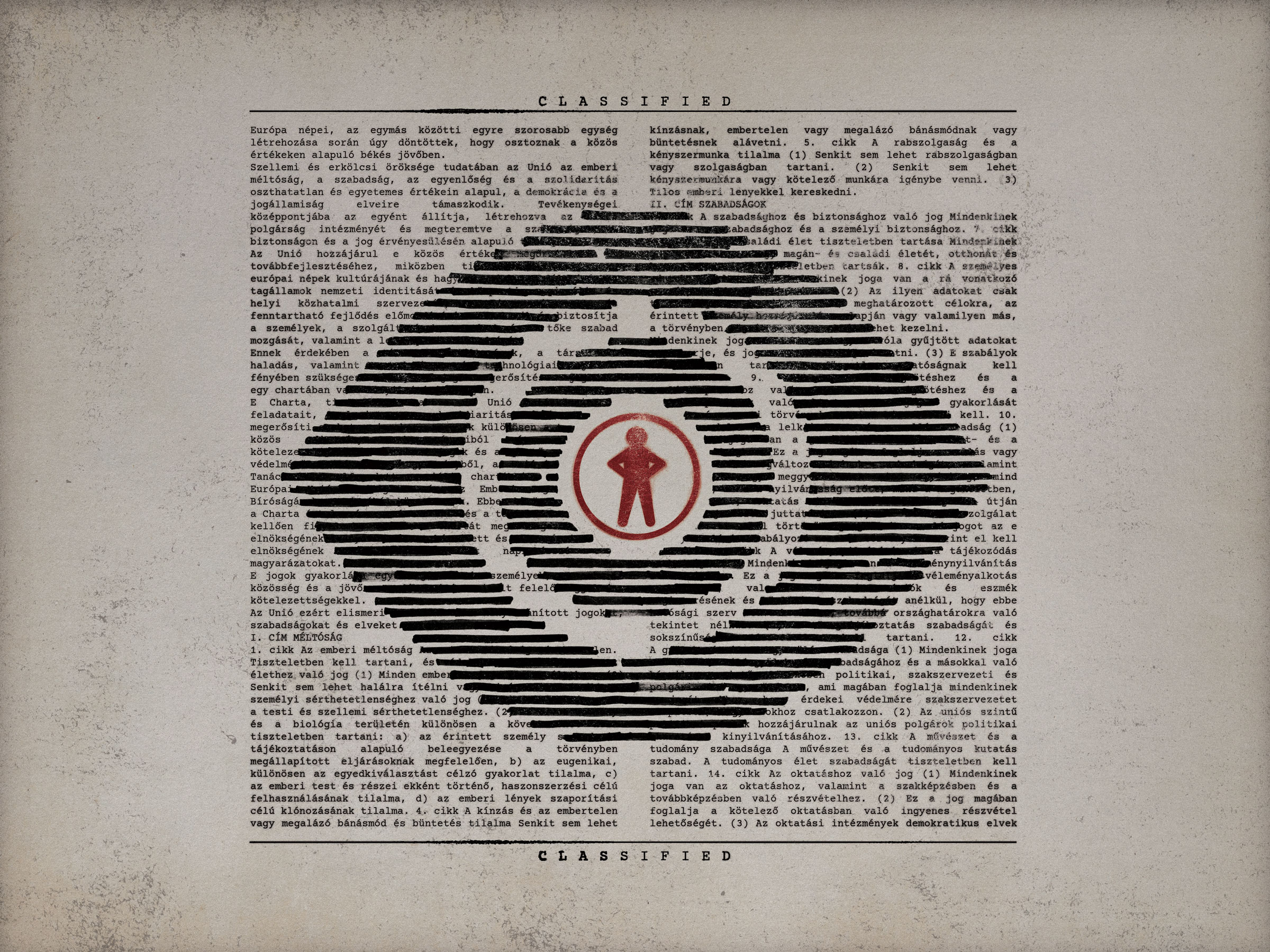
Relevant Helsinki Files
-

Submissions to UN Special Rapporteurs in the context of elections in Hungary in 2024
The UN Special Rapporteur on Freedom of Peaceful Assembly and of Association and the Special Rapporteur on Freedom of Opinion and Expression are working on reports on elections for the Human Rights Council in June … Read more
-

The last piece of the puzzle? An assessment of the NHRI’s performance
How the Ombudsperson’s weak independence and concentrated mandates weaken fundamental rights protection – Human rights defenders assess the performance of Hungary’s national human rights institution
-

Discriminatory restriction of national minorities’ voting rights remain unresolved
Hungary continues to deny equal voting rights to members of national minorities, despite the European Court of Human Rights’ final ruling in the Bakirdzi and E.C. v. Hungary case in April 2023.
-

HHC addresses European Parliament’s LIBE Committee on Hungary’s backsliding on democracy and the rule of law
The European Parliament’s LIBE Committee invited the HHC to an exchange of views on Hungary’s backsliding on democracy and the rule of law, on 27 January 2025.
Watch the full exchange of views on the European Parliament’s website here.
Looking for older content? Use our search engine!
-

Hungarian CSOs contribute to the European Commission’s 2025 Rule of Law Report
For the sixth year in a row, the Hungarian Helsinki Committee is contributing to the European Commission’s annual Rule of Law Report in coordination with other Hungarian human rights and anti-corruption CSOs in the framework of the stakeholder consultation launched by the European Commission
-

Team Hungary Newsletter: Results of the DigiRights Research Project
The Hungarian Helsinki Committee is participating in a European research project examining the impact of digitalisation on procedural rights in criminal proceedings in Hungary. The project aims to promote the implementation of digitalisation in criminal proceedings in a way that ensures the consistent and complete enforcement of procedural rights, providing a uniform and adequate level of protection across the EU.
-
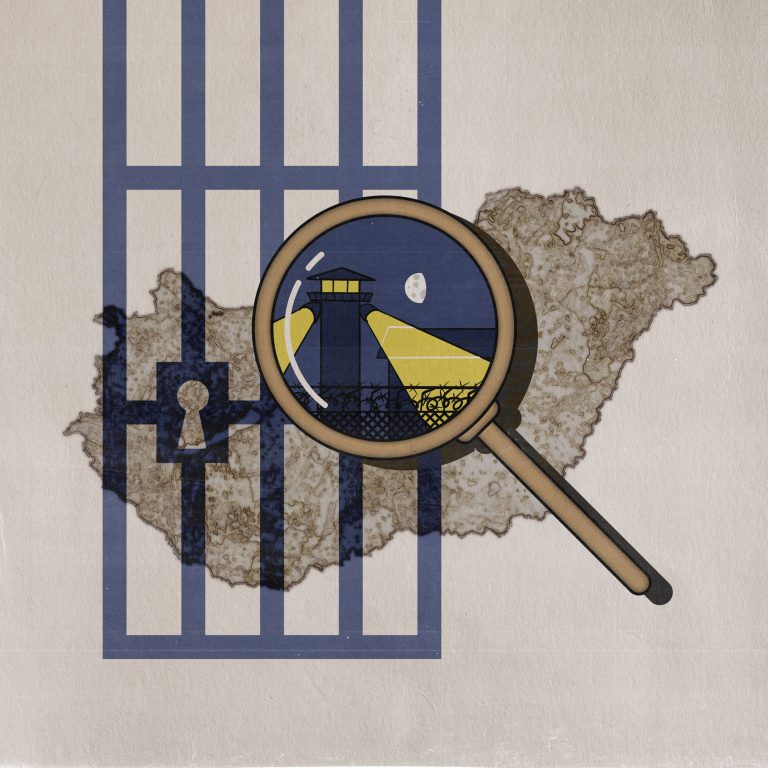
Inhumane detention conditions remain widespread in Hungarian prisons
Despite rulings by the European Court of Human Rights and repeated calls by the Committee of Ministers of the Council of Europe over the past 13 years, Hungary still fails to tackle prison overcrowding and inhumane detention conditions. As a result, large-scale rights violations persist.
-
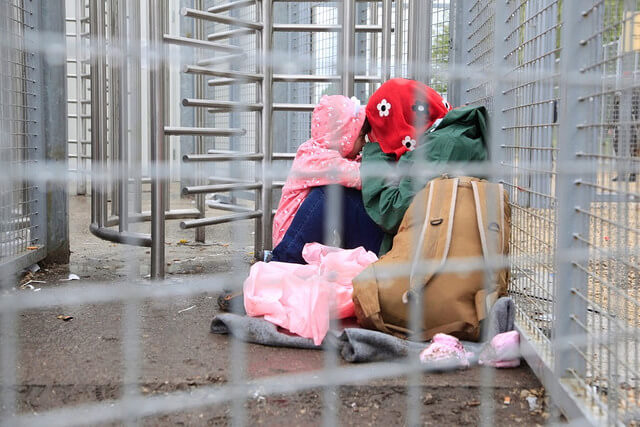
Family of six unlawfully detained in transit zone
The European Court of Human Rights (ECtHR) has ruled against the Hungarian state, in favour of a family seeking asylum . The ruling states that the Hungarian authorities violated the human rights of four children and two adults by unlawfully detaining them in the transit zone and withholding food. The Hungarian Helsinki Committee (HHC) represented the family in this case, marking their 109th favourable ruling at the ECtHR.
-
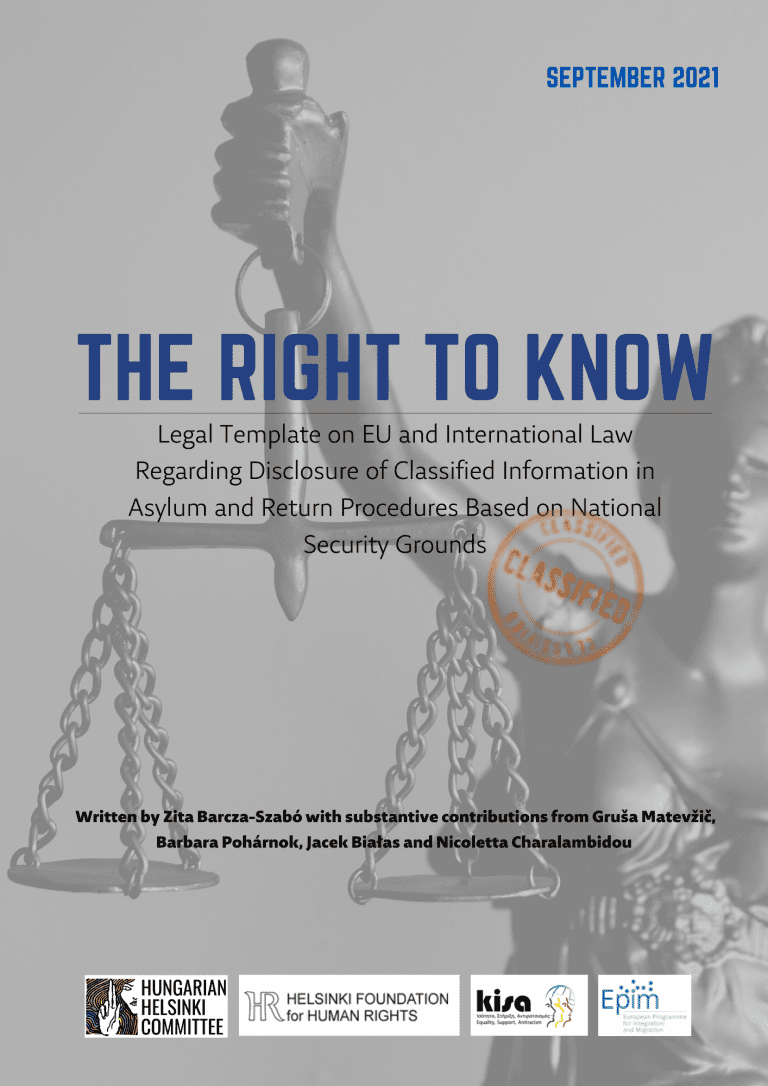
The Right to Know – Legal Template on EU and International Law Regarding Disclosure of Classified Information in Asylum and Return Procedures Based on National Security Grounds
This Template presents the relevant EU law and the relevant Court of Justice of the European Union case law, as well as the pertinent provisions of the European Convention on Human Rights and the applicable … Read more
-

Presidential retaliation against critical opinions at the Kúria
In quick succession, András Varga Zs., the President of the Kúria, Hungary’s apex court, has retaliated against two employees to silence professional criticism of his activities. By suppressing the expression of opinions, the Kúria President … Read more
-

Physical separation during prison visits in Hungary: considerable improvements and remaining concerns
The Hungarian Helsinki Committee (HHC) utilised all human rights CSO tools (research, advocacy, empowerment, strategic litigation, public- and professional awareness raising) to eliminate mandatory glass partitioning between inmates and their family members in Hungarian prisons during visits for seven years. The seven-year-long status quo is currently changing.
-

Attempts at the Kúria to silence judicial dissent
Breaches of the freedom of expression of judges have been a long-standing problem in Hungary. The individual instances may not be as blatant as in the case of Poland, however, the issue is persistent: for … Read more
-
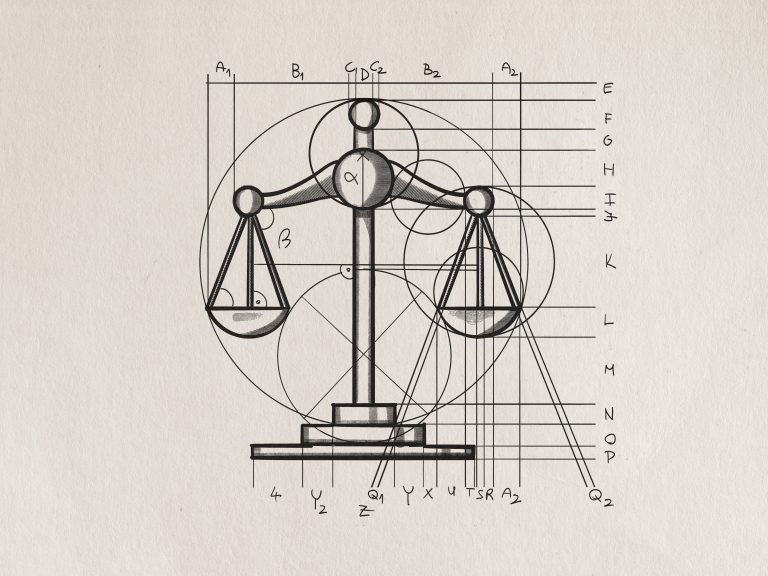
Black Friday at Hungarian courts
Sweeping public protest of Hungarian judges against a political deal undermining judicial independence
-

Judges’ salary is a public matter, and not an issue of personal finances
The Hungarian judges speaking up for judicial independence in the form of statements published on the homepage of two judicial associations use words like “treason”, “humiliation”, “abuse”, “bribery”, “blackmail”, “starving the judiciary out”, “leashing”, a “slap in the face”, “bleeding out”, and even a “sneaky political game”. The judges felt compelled to speak up publicly against the “Agreement” concluded recently by judicial leaders, the National Judicial Council and the government. As the judges point out, the document is not the result of the fair negotiations of equal parties: the “discussion was unilateral”, and only the government’s will prevailed.
-

Assessing Hungary’s compliance with conditions to access EU funds
In December 2022, European Union institutions suspended and tied to conditions Hungary’s access to EU funds under various procedures due to severe breaches of the rule of law and human rights. Ahead of the upcoming re-assessment by the Commission and the Council in the framework of the conditionality mechanism in December 2024, Hungarian civil society organisations looked at the steps the Hungarian government has taken to date to address the deficiencies identified by the Commission and the representatives of Member States in the Council.
-
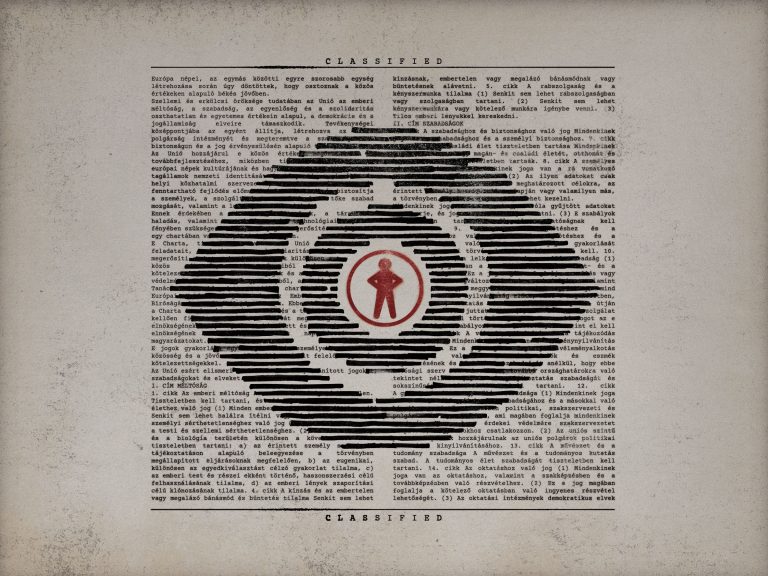
The Constitutional Court gave the green light to state arbitrariness – the case against the Sovereignty Protection Office continues in Strasbourg
The Constitutional Court today rejected the constitutional complaint of Transparency International Hungary. This allows, at least for the time being, all the arbitrary provisions of the Sovereignty Protection Act that threaten the freedoms of citizens and the operation of independent news outlets and NGOs to remain in effect. NGOs will not back down and will continue to challenge the government’s dangerous political project before every possible legal forum.
-

Disregard for EU values: a snapshot of rule of law issues in Hungary in light of the Article 7 procedure
Six years have passed since the European Parliament adopted a resolution calling on the Council of the European Union to determine, pursuant to Article 7(1) of the Treaty of the European Union, the existence of … Read more
-

Criteria for monitoring the operation and activities of the National Judicial Council of Hungary
Over the past years, the Hungarian Helsinki Committee and Amnesty International Hungary as human rights watchdog organisations have been closely monitoring the situation of the Hungarian judiciary as part of their activity aimed at defending human rights and the rule of law. Besides keeping track of legislative changes affecting the courts, we also examine and evaluate the organisation of the judiciary, the activities and statements of court administration actors and judicial bodies. In line with our former practice, we will continue to monitor the activities of the National Judicial Council (NJC), the highest judicial self-governing body mandated to supervise the central administration of courts.
-
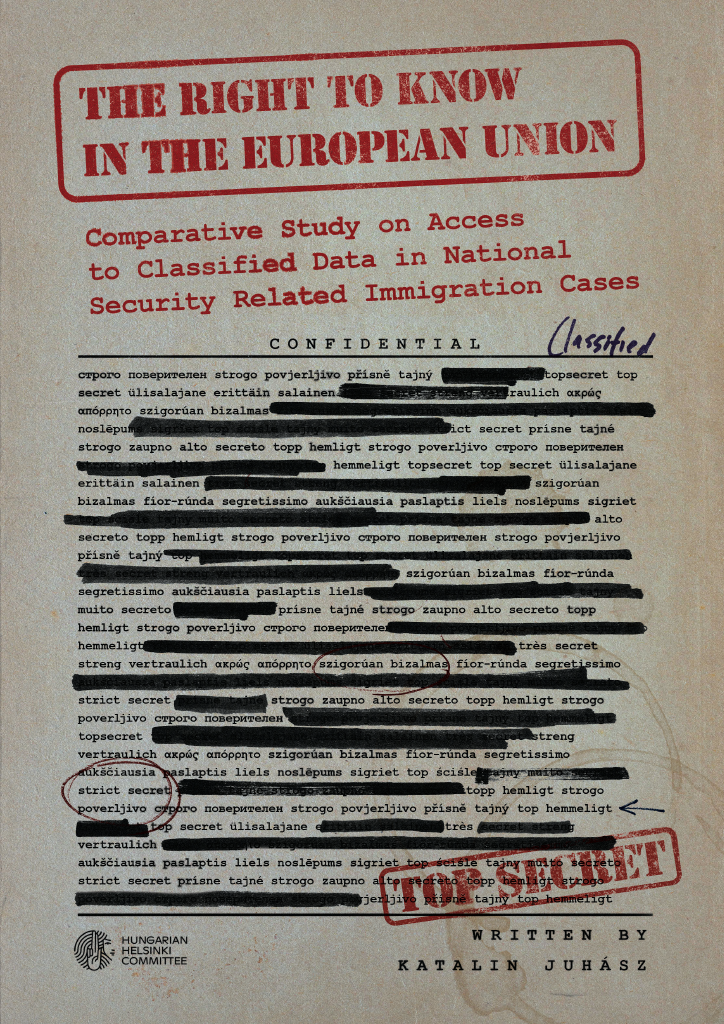
Clear Principles, Divergent Practices: The Right to Know in National Security Related Immigration Matters in EU Member States
A comprehensive research study on how the issue of applicants’ right to know and to access classified information is regulated in immigration-related proceedings in the Member States of the European Union, and whether national frameworks are in line with European standards was published earlier in 2024 by the Hungarian Helsinki Committee. The study identified a number of breaches of these standards, which are now specifically highlighted in a policy brief, primarily with the purpose of drawing the European Committee’s attention to these breaches and the need to monitor compliance issues in this area.
-

‘TÁMASZ’ project – Support for the relatives of detainees (2024-2025)
The aim of the Hungarian Helsinki Committee’s project is to improve the quality of contact in prisons. The preservation of family ties is fundamental to the reintegration of prisoners, so it is not only in … Read more